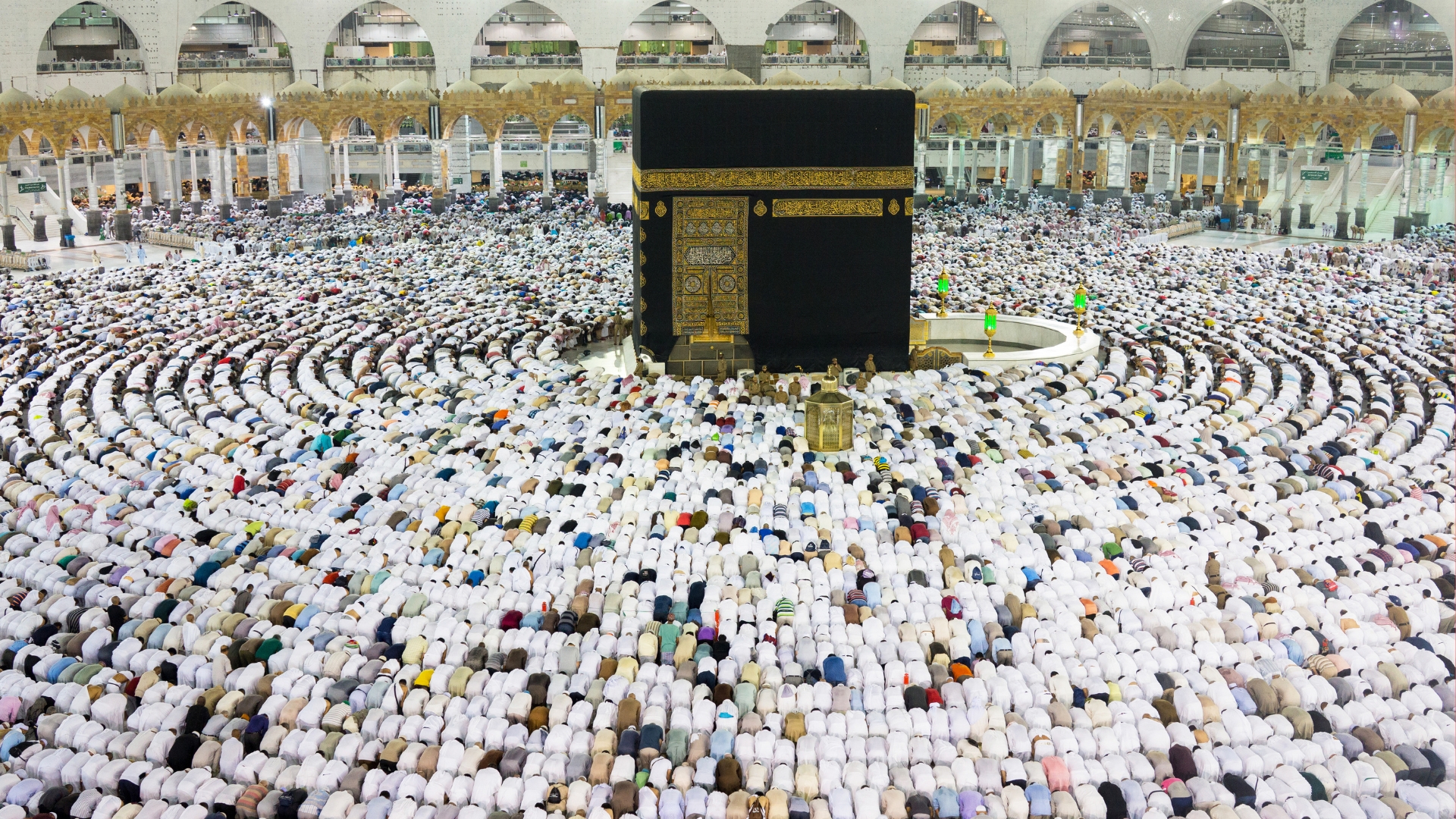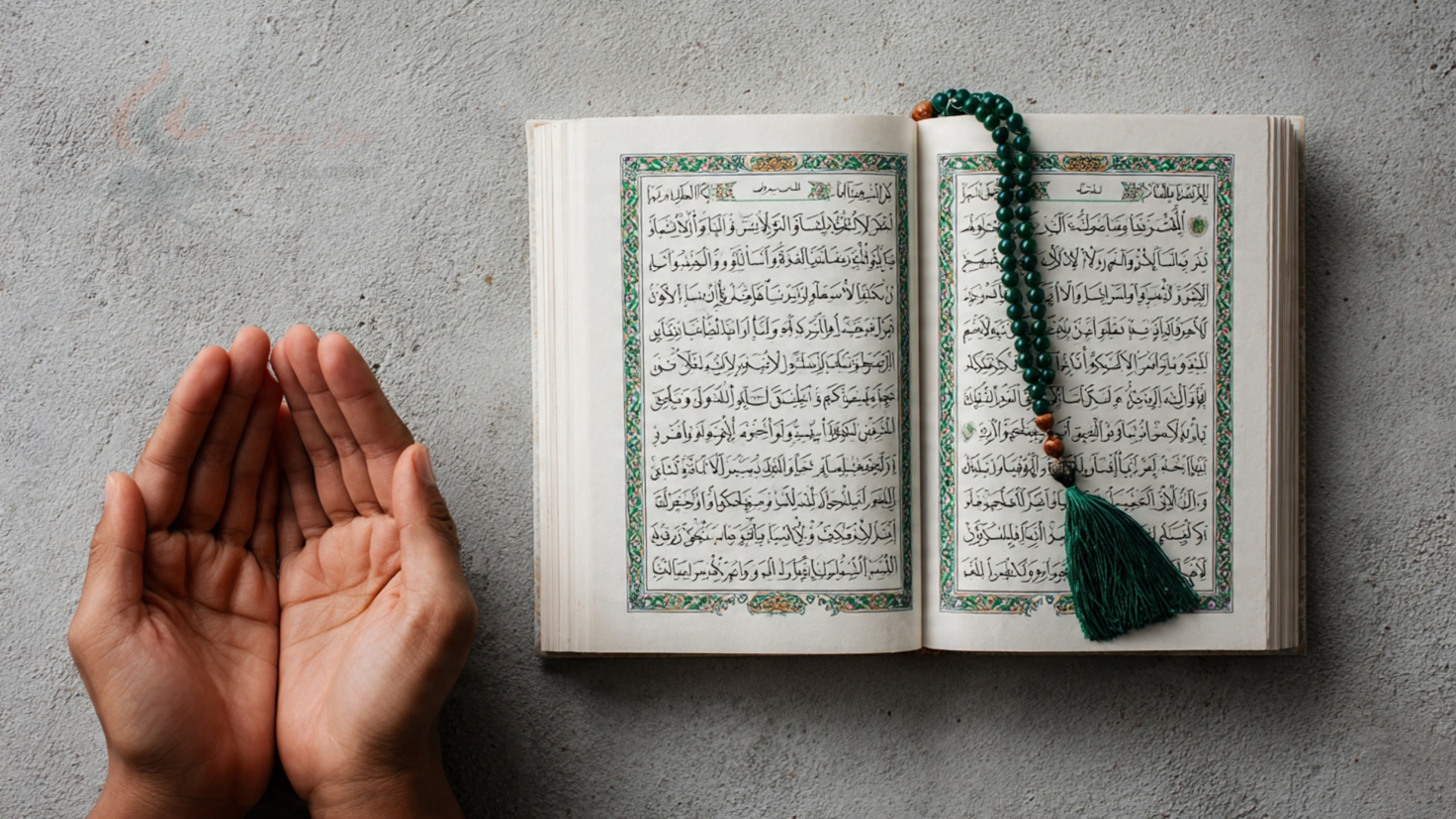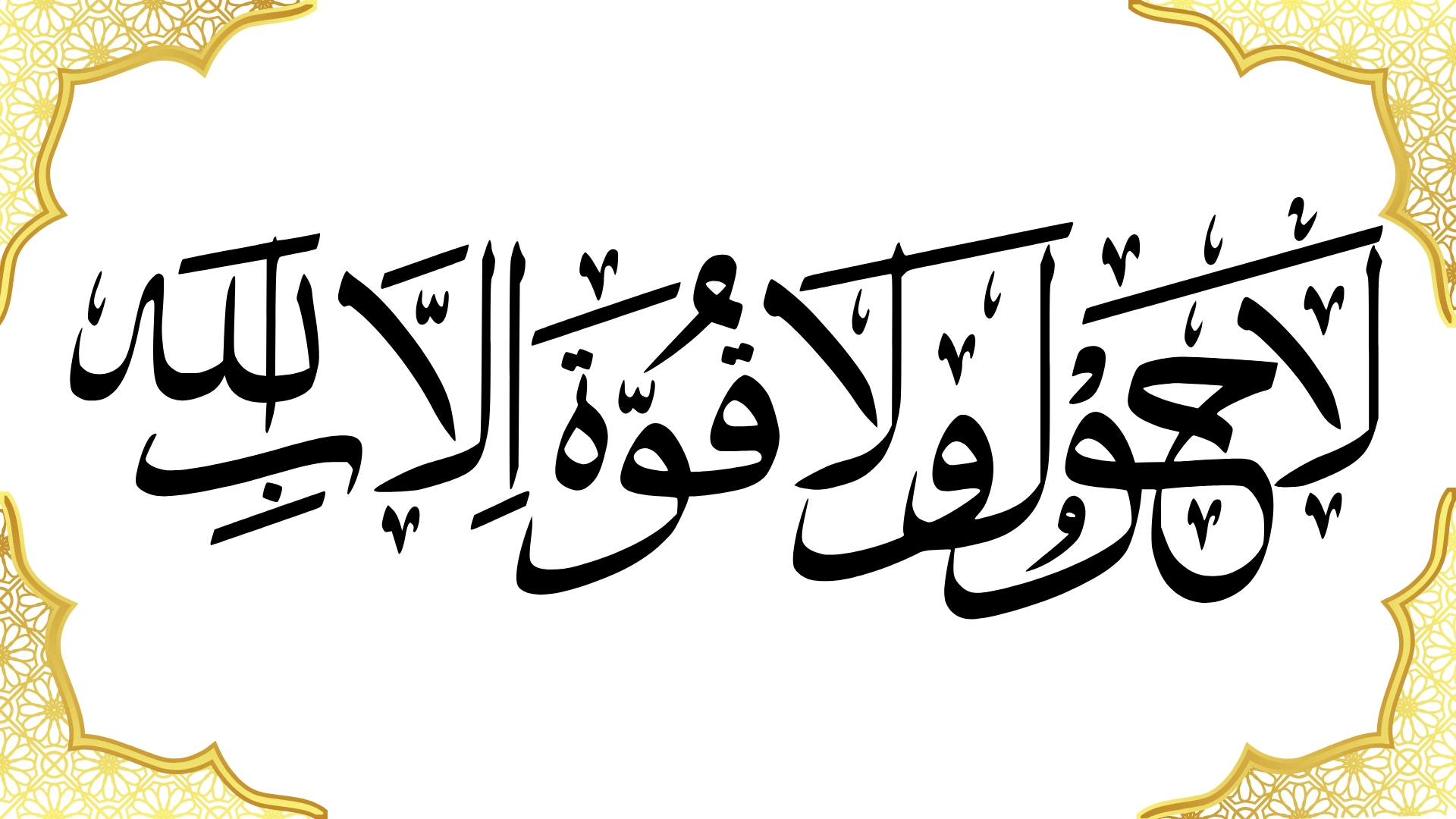The Hajj, which involves visiting Mecca, is required by Muslims to perform at least once if they are able to do so. Along with other practices, Hajj reflects a person’s commitment and shows how Muslims are united by Islam. Because of this journey, millions assemble to offer an act of obedience to Allah.
According to what is recorded and taught in Islam, Hajj means a lot to Muslims. Scholars say that the foundation for its main rituals started with the Prophet Ibrahim. Centuries of using these practices have always involved obedience, patience, and faith in God.
Besides being a ritual, Hajj is a spiritual experience that can truly change someone’s life. By doing so, it gathers individuals from different backgrounds in shared prayer. People who go on Hajj find it helps them be more humble, believe more deeply, and feel a connection with all Muslims. It will discuss what Hajj means, its background, important rituals, and how it influences both spirituality and culture. You will have a true understanding of what gives Hajj its special importance in Islam by the time you finish this text.
What Is the Meaning of Hajj?
The Arabic word “Hajj” gives us its meaning. To undertake a journey is what the term means. In terms of language, it tells of someone leaving their usual duties and using the time for nearness to Allah.
History of Words and Linguistic Background
“Hajj” comes from the word “ḥ-j-j,” which means something along the lines of argumentation, proof, and serious intention. By ‘Hajj’ we mean traveling to these sacred spots and contemplating during the activity.
The Basic Definition as Given in Islamic Teachings
Scholars state that the Hajj is a pilgrimage to Mecca done during a set season.

Why Is Hajj Important?
In other words, Hajj is special for each individual and the community as a whole since it is a powerful time to submit to Allah. Because Islam is based both on faith and on historical customs, it is recognized as one of the Five Pillars of Islam.
Spiritual Importance in Islam
Taking on the Hajj journey increases a person’s humility, patience and makes them reflect more. It consists of asking forgiveness from Allah and strengthening one’s trust in His teachings.
The Islamic religion has Five Pillars.
Hajj complements Shahada (faith), Salat (prayer), Zakat (charity), and Sawm (fasting) in the five acts that form the basis of Islamic worship. Having it in the faith emphasizes its importance in a practicing Muslim’s spiritual frame.
History Behind the Beginning of Hajj
The Beginnings of Hajj
Because of his deep faith, Ibrahim established several of the rites that are part of Hajj.
Relationship with Prophet Ibrahim
Hajj’s significance is related to Ibrahim’s complete submission to what Allah wanted. Their work together to build the Kaaba is very important. What Hajar, Ibrahim’s wife, underwent started the tradition of Sa’i.
Early Days and the First Pilgrims
Early Abrahamic believers were the first to develop the practices of Hajj. God guided these rituals as time passed, and they developed under the guidance of the Prophet Muhammad (peace be upon him).
History of Hajj Through the Ages
The Hajj changes as time goes on. Though the basic idea remains unchanged, things like size and logistics have changed.
Building of Rituals and Traditions
The Prophet Muhammad put rules in place for performing Hajj during his life. Earlier, pagan insights had modified a number of their rituals, and he set about restoring them to the original idea of following one God.
Important Historical Moments and Why They Matter
All these centuries allowed for the continuous development of infrastructure and new ideas to help people make the pilgrimage.
Mecca houses the famous Kaaba
The Kaaba is located there, and it was also where the Prophet Muhammad was born. Religion is why Pilgrims travel to the overwhelming crowds around the Kaaba. Reciting it every day confirms its special nature in our minds. Pilgrims going on the Hajj circle the Kaaba to show their togetherness and faith.
Rituals and the Order of Performing Hajj
When does Hajj occur?
The Hajj brings all Muslims together at the same time to worship Allah.
What Occurs during Hajj?
There are many rites involved in Hajj, and all of them have deep meaning.
Important activities are:
- Tawaf – Stepping around the Kaaba for every pilgrim.
- Sa’i – Performing the walk between Safa and Marwah.
- Arafat – Photos show the Prophet praying on Mount Arafat.
Pilgrims go to Muzdalifah and Mina to collect pebbles and then throw them at the three pillars.
These rituals reflect actions of the Prophet to deepen our connection with Allah.
Eid al-Adha
By ordering Ibrahim to sacrifice his beloved son, it describes how obedient Ibrahim was to Allah. Handing out meat is a way to display compassion and kindness.
Getting ready to travel
How Do You Get Ready for Hajj?
Preparation is both spiritual and practical. Pilgrims spend months praying and learning the rites.
Pilgrimage Routes
It was common for groups of pilgrims to travel together, often far from their homes, in history. Now, it is easier for people to reach the sacred sites because of improved infrastructure and air travel.
How Hajj and Umrah are Not the Same
You go to Mecca with both, but they have different requirements. You are required to go on Hajj at a particular time each year. Anyone can do an Umrah anytime, as it is done on a person’s own choice. There are a number of additional rites involved in Hajj when compared to Umrah.
What Is the Reason for Going on Hajj?
Performing Hajj is a way to clean the soul. It builds faith, refines the believer, and helps them bond with Allah.
Cultural and religious effects of Hajj
Hajj demonstrates the unity among Muslims. Those on the pilgrimage have a strong feeling of being brothers, regardless of their nationalities or race.
Conclusion
The main idea of Hajj is found in submission, oneness, and spirituality in Islam. It is not only about religion; it also brings history and modern life together by sharing our faith. Because Hajj is a traditional journey with an inclusive spirit, it is a truly special pilgrimage.
If you follow Islam as a Muslim or simply as an interested person, knowing about Hajj helps you value its message more deeply. Apply this knowledge to seek out different ideas and support mutual respect between people from different cultures.
FAQs on Hajj
Can Non-Muslims Go on Hajj?
Non- Muslim are not allowed into Mecca. This rule looks after the importance of Jerusalem as a holy site.
What Is the Number of People Who Travel for Hajj?
More than two million people used to travel to the Hajj every year before the pandemic. The numbers depend on what is happening around the world and at the local level.




